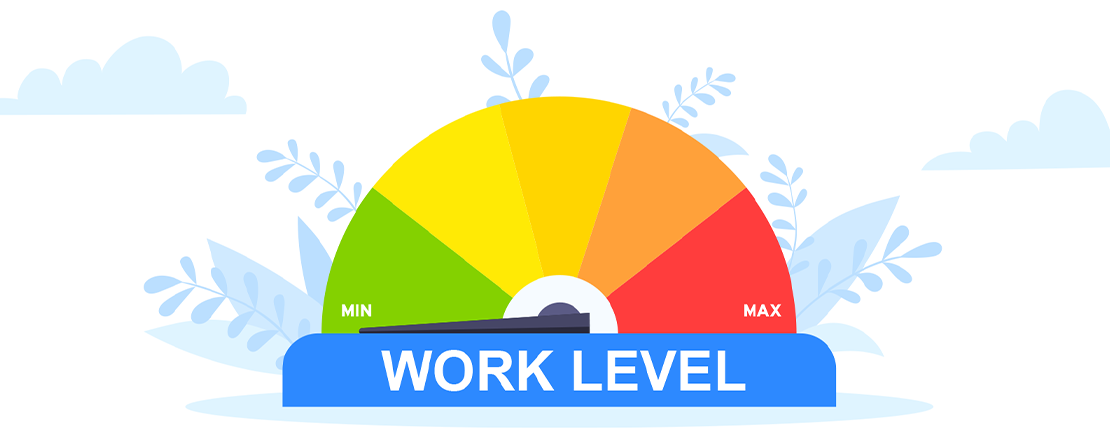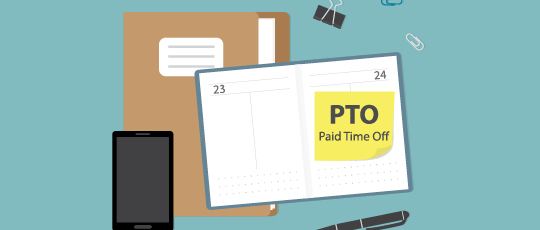A couple of months ago, political reporter Dave Weigel posted what might have seemed a throwaway tweet, but it is actually an excellent life/work principle, if a bit overstated: “Went to post office to buy stamps and cross an errand off my list. They accidentally charged me 8x for the stamps and could only pay me back with a money order, giving me a brand new errand. Lesson learned: Never do anything.”
Most of our time is spent doing something. Even when we are trying to avoid doing anything, we’re actively doing something.
Having worked from home for more than two decades, I’ve long known what many are first discovering; flexibility comes at a cost: your freedom. Or, more precisely, your sense of freedom. When you’re at work, you’re keenly aware of the constraints; freedom is what you do after work, on vacation, or where your mind takes you during a brief daydream before you snap out of it. When you’re working from home, it may feel like freedom, but it’s a mirage as you are always aware of the persistent gravitational tug of your work — the tension between the promise of freedom and this reality can be highly anxiety-inducing.
For example, I live and work in south Florida, where the climate benefits narrowly outweigh, well, Florida, and over the years have occasionally taken advantage of the ever-beckoning pool in our backyard. But far less advantage than you’d think, because of the anxiety caused by the persistent gravitational pull of my work.
So, how do you get over this anxiety? You can’t simply decide to carve out guilt-free time to work out, do hot yoga, run errands, or indulge in a two-hour lunch. You will still feel the gravitational pull — the only way to achieve “escape velocity” is to break free of routine, be the opposite of intentional, and, yes, commit to doing nothing…or what Oscar Wilde referred to as “cultivated idleness.”
If you’re thinking this is just another way of practicing mindfulness, no — mindfulness requires that you set aside the time for purposeful contemplation. What I’m advocating is a willful suspension of structure, ungoverned by rhyme, reason, or routine.
If I want to kick back and listen to side two of Yes’s “Close to the Edge,” that’s what I will do (though it’s far more likely it will be side one of “Relayer,” a later and under-appreciated Yes album). If I suddenly find myself moved to take 15 minutes for a mid-day swim in the middle of January, the only question is whether I’m doing laps or floating on my back. If I want to stare mindlessly out the window at nothing in particular, I will do exactly that. I’m not going to do any of these things every day, or at a specific time, as the last thing I want to do is to settle into a pattern. My only commitment is to do whatever moves me at that moment. Technically, this is not doing nothing — it’s a mindset. Actually, it’s not so much cultivated idleness as cultivated mindlessness.
Again, it’s not easy changing ingrained habits of mind and giving yourself the mental/emotional license to do “nothing,” but trust me: Your ability to be temporarily absent will improve your ability to be present when it counts, and if you work from home even part of the time, it will give you your first real taste of freedom.
Philosophers and physicists have long argued the most fundamental question of our existence: how can something come from nothing? You now have your answer.
Editor’s Note: Additional Content
For more information and resources related to this article see the pages below, which offer quick access to all WorldatWork content on these topics:







